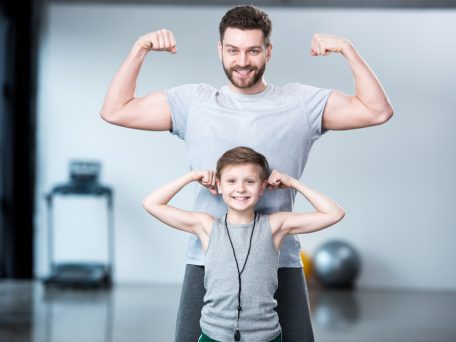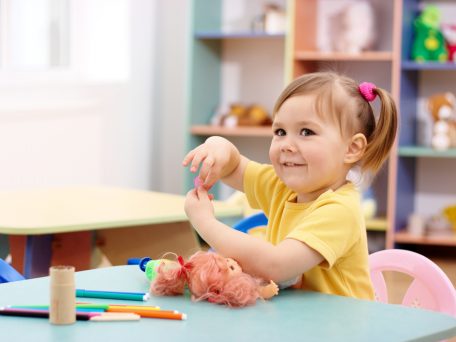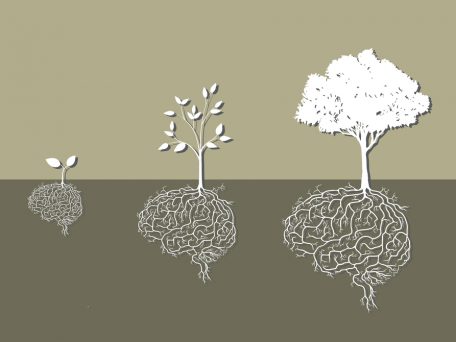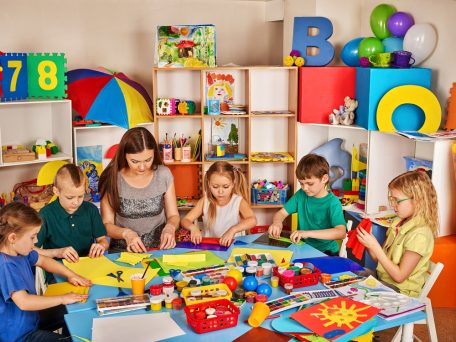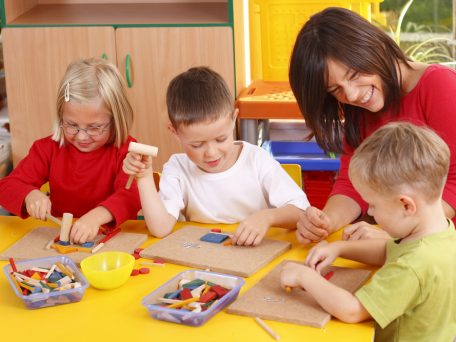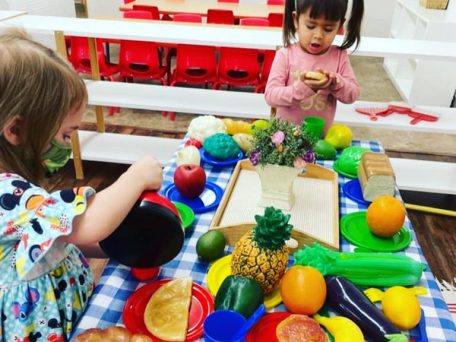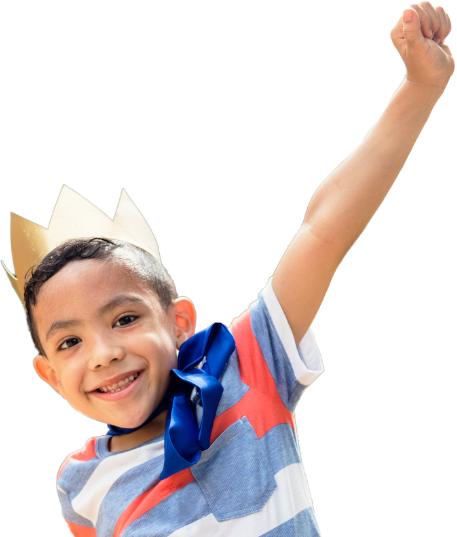The first five years of a child’s life can make a difference on how well they do for the rest of their lives. It is a time of rapid brain development for children, and part of a huge jump in learning ability. Study after study has shown that children who take advantage of this time for learning, such as those enrolled in an early learning program, do better than those that don’t.
Children who have enrolled in early learning do better in high school and are more likely to earn a college degree. Early learning can also help them improve their math skills, socialize better, and become a more competent adult.
The benefits of early learning for children are enormous. Children who get a strong start in early childhood also:
• Score higher on intelligence tests
• Less likely to skip school
• Less likely to repeat grades
• More likely to attend higher education
• May earn more as an adult
Why early learning helps
Most of the educational benefits of early learning tend to fade out as your child grows older. Even if your child goes into kindergarten knowing their ABC’s before their peers do, that advantage is over by the time they reach first grade. With such a short term boost to learning, why do children tend to do so well throughout the rest of their lives?
The answer is that children learn so much besides academics in early learning. They learn how to socialize with other peers in an appropriate manner, how to access help from teachers, and that learning can be fun.
Working with others, getting the help you need, and recognizing that you need help at all are core benefits that will last a lifetime.
Getting a temporary boost in academics can also help by making the transition to grade school less stressful. When children already know what to expect and a little about the work, they can transition into school life a little better.
Benefiting the community
Early learning benefits children in nearly every aspect of their life but they’re not the only ones who benefit. The community these children grow up in also benefit from that child’s early learning too.
Children who attend early learning tend to be healthier than those that don’t, which can lead to less strain on the medical system. They also tend to reach higher education, which means more taxes going back into the community, and a better financial situation for that family.
In some cases, preschool can immediately help that child’s financial situation, by allowing a parent who was previously a caretaker to get a job during the hours the child is in school.
With so many benefits, there’s no reason your child shouldn’t attend a preschool. Early learning allows your child to expand their world and help them satisfy their growing brains and thirst for knowledge. A great early learning program can help provide your child with a great future, and benefit them for decades to come.






